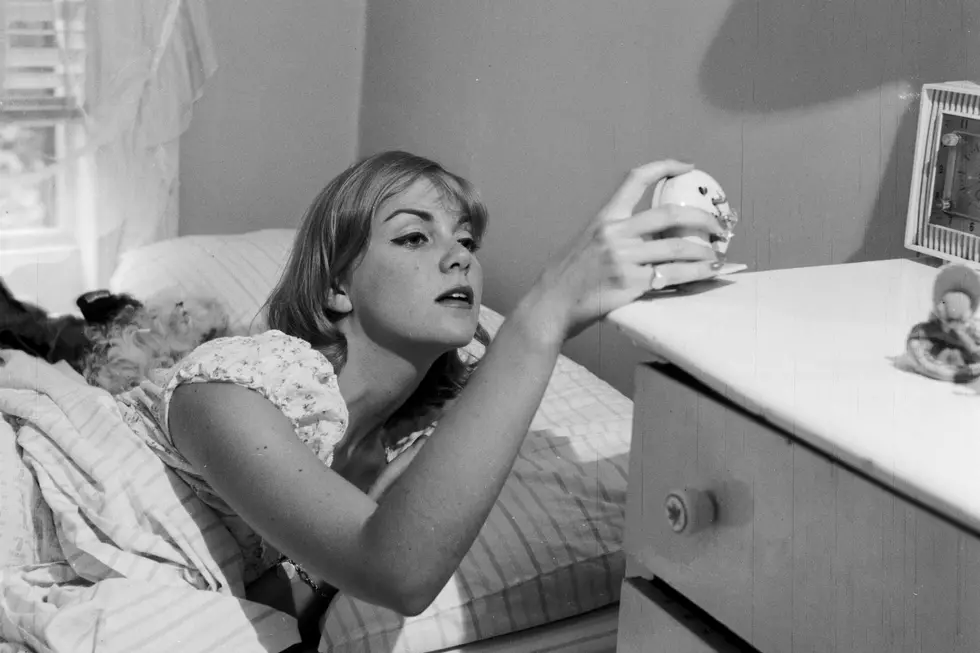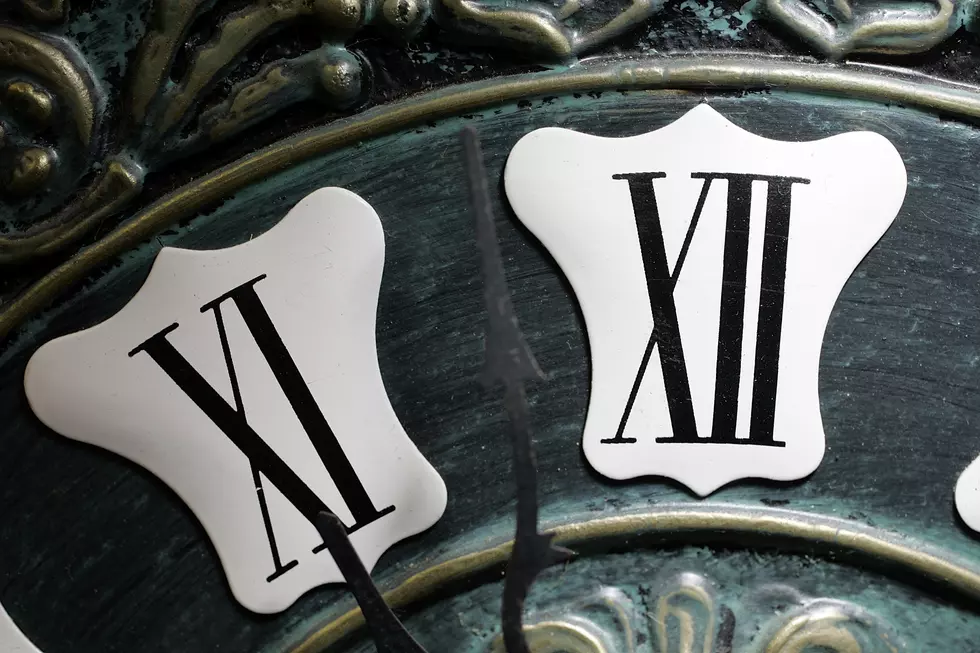
How Daylight Saving Time Changes Mess With Your Head and Health
According to timeanddate.com, the weirdness that you feel after a time change isn't just in your head. Your body knows something is up. Whether we are springing forward or falling back, the effects of Daylight Saving Time can mess with your physical and mental health.
Even though we've gained an hour and the extra rest seems like a good thing, our bodies feel the change in routine and it can boost stress hormones that increase inflammation and raise blood pressure. Other issues related to changing our body clocks by even just an hour include higher rates of depression, diabetes and obesity.
Even though the effects of springing forward are a little bit harsher, like a higher rate of heart attacks and strokes, both moving forward and backward on the clock causes us to be less alert so the frequency of car crashes and work accidents increases. Be extra careful for the first couple weeks after a time change.
If you are trying to combat Seasonal Affective Disorder caused by the shorter days, get as much natural sunlight as you can, supplement natural sunlight with special bulbs that mimic it, eat breakfast to let your body know it's time to start the day and taking Vitamin D supplements can also help.
More From 102.9 WBLM







![Why Do We Still Observe Daylight Saving Time? [VIDEO]](http://townsquare.media/site/696/files/2017/11/RS1859_98466737.jpg?w=980&q=75)
![Daylight Saving Time, Does Maine Need It? [POLL]](http://townsquare.media/site/697/files/2016/03/Alarm-Clock1.jpg?w=980&q=75)
